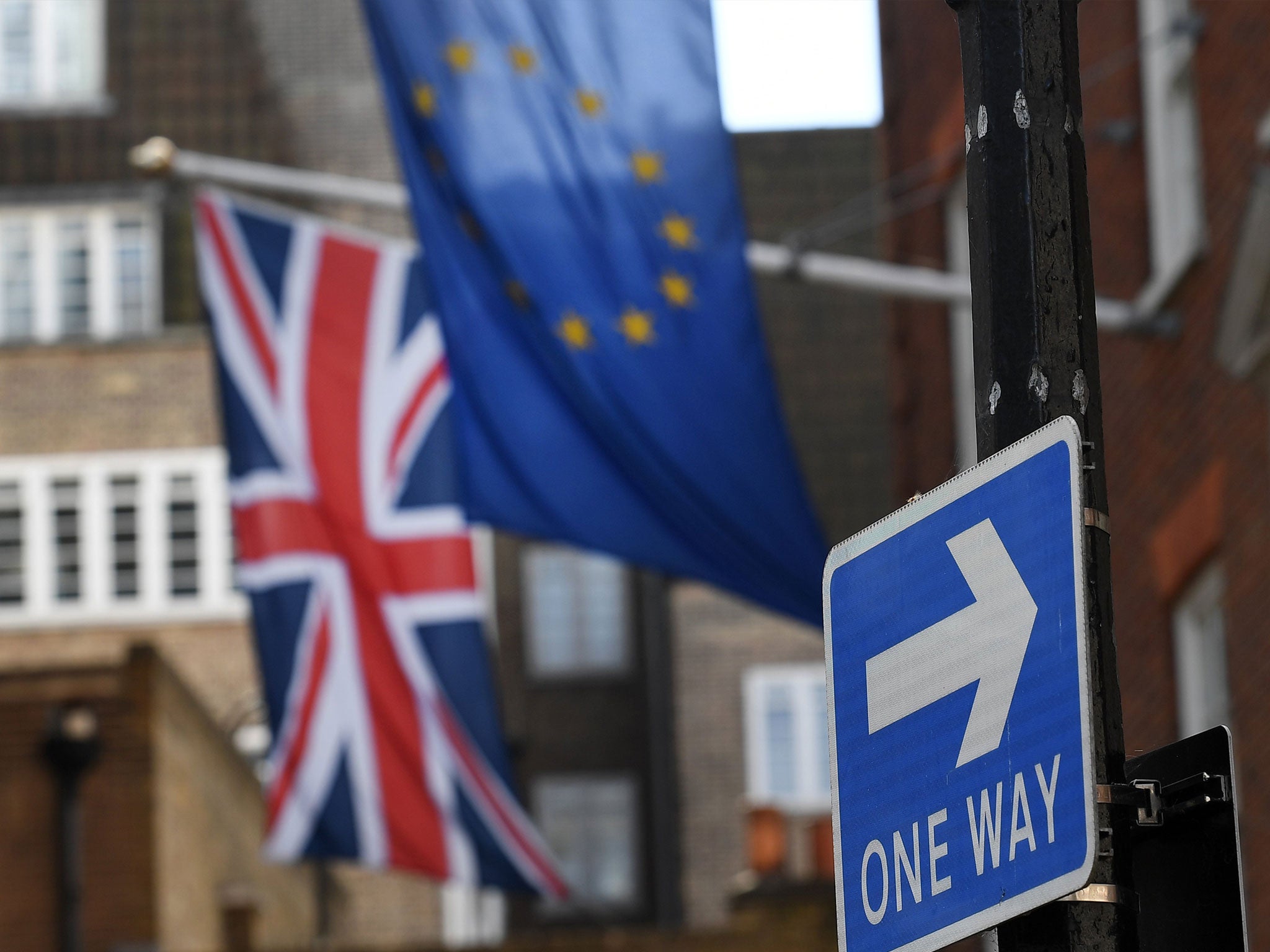Brexit-voting regions are most at risk from its economic effects, report finds
Wales, the north-east and East midlands 'vulnerable' to consequences of leaving EU, according to the Demos think tank

British regions that voted for Brexit are among those most at risk from the economic consequences of leaving the EU, a new report has found.
Cross-party think tank, Demos, came to the conclusion after studying regions reliance on exports to the EU, use of non-British European workers and receipt of support grants across the UK.
They found that area most vulnerable to the effects of a so-called “hard Brexit” if the UK does not negotiate access to the Single Market, was Wales, where 52.5 per cent of voters opted to leave, while 47.5 chose to remain.
With over 60 per cent of the country's exports going to the EU meaning it could be hard hit by tariffs.
Wales is also threatened by the loss of EU grants, which the devolved nation benefits from far more than any other British region.
EU funds make up almost one per cent of its total annual output in terms of goods and services – more than three times higher than anywhere else in the UK.
The north-east and the east Midlands are also relatively highly reliant on the EU despite both regions having a high proportion of Brexit voters, the report found.
But it is not only Brexit-leaning areas which could be left economically exposed, with London – which voted heavily for Remain – also likely to be hard hit because of its reliance on EU workers.
The Government has indicated it will prioritise control of immigration over access to the single market, which is almost certain to result in a sharp drop in the numbers of EU workers coming to the UK.
With 17 per cent of its workforce currently made up of EU workers, it is thought that drop could have serious economic consequences for the capital.
Northern Ireland, where a majority also voted to remain, could also be left vulnerable because of its relatively high percentage of EU workers and its reliance on European structural grants.
Manufacturing, agriculture, and energy are sectors likely to be worst hit by a hard Brexit due to the combined effects of large numbers of EU workers, high levels of exports to the EU, and the likelihood of high tariffs on their products.
Brexit will also likely result in the UK leaving, or retaining only partial membership of, the Customs Union.
With tariffs imposed on British goods at the levels currently paid by non-EU states, industries likely to face the highest duties will be agriculture, forestries and fishing, mining and quarrying and manufacturing.
UK producers of dairy products, confectionary, alcohol and tobacco will be hit with the costliest duties, with the highest tariffs of exports into the EU at 33.5 per cent for dairy produce.
Manufacturing will also be particularly vulnerable to the threat posed by reduced trade and immigration to and from from the EU where one in 10 of its workers originate and 45 per cent of its products are exported.
The report warns that despite fears around the likely loss of low-skilled workers coming from the EU, the UK also needs to prepare for a significant loss of labour in high-skilled manufacturing and engineering sectors.
The think tank claims Brexit should be a wake-up call to the UK to skill-up its own work force so the country becomes less reliant on foreign workers in the future, calling it “an opportunity to fundamentally rethink and ‘level up’ the economy towards high skills and high productivity, looking beyond immigration policy, to encouraging investment in education and adult skills.”
The researchers did not attempt to analyse the potential for future trade deals outside the EU, the potential impact of UK-imposed restrictions on trade or the potential gains from being outside the Customs Union, all of which could potentially mitigate the risks identified.
The Government has said repeatedly it hopes to soften the blow of leaving the single market by signing a new free trade arrangement, but the EU’s negotiators have insisted they will not give the UK a “sweetheart deal”, leading to fears the country will crash out with no deal at all.
In the event of no deal being reached, exporters would be forced to revert to the terms of the World Trade Organisation (WTO), which include steep tariffs for a majority of manufactured goods and agricultural produce.
Join our commenting forum
Join thought-provoking conversations, follow other Independent readers and see their replies
Comments